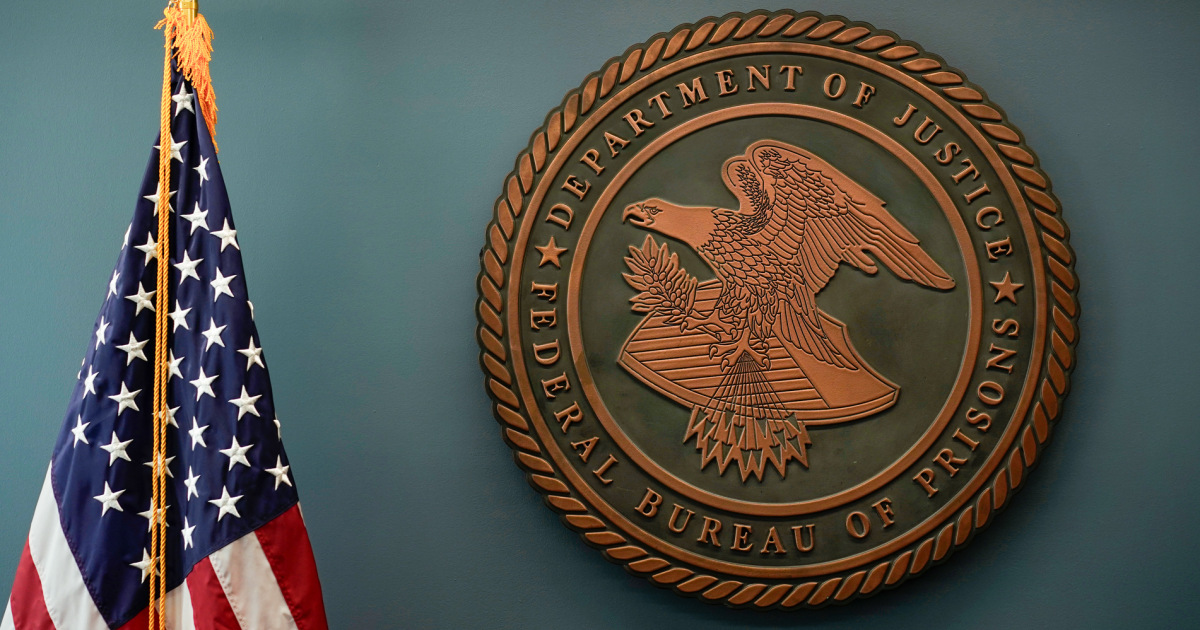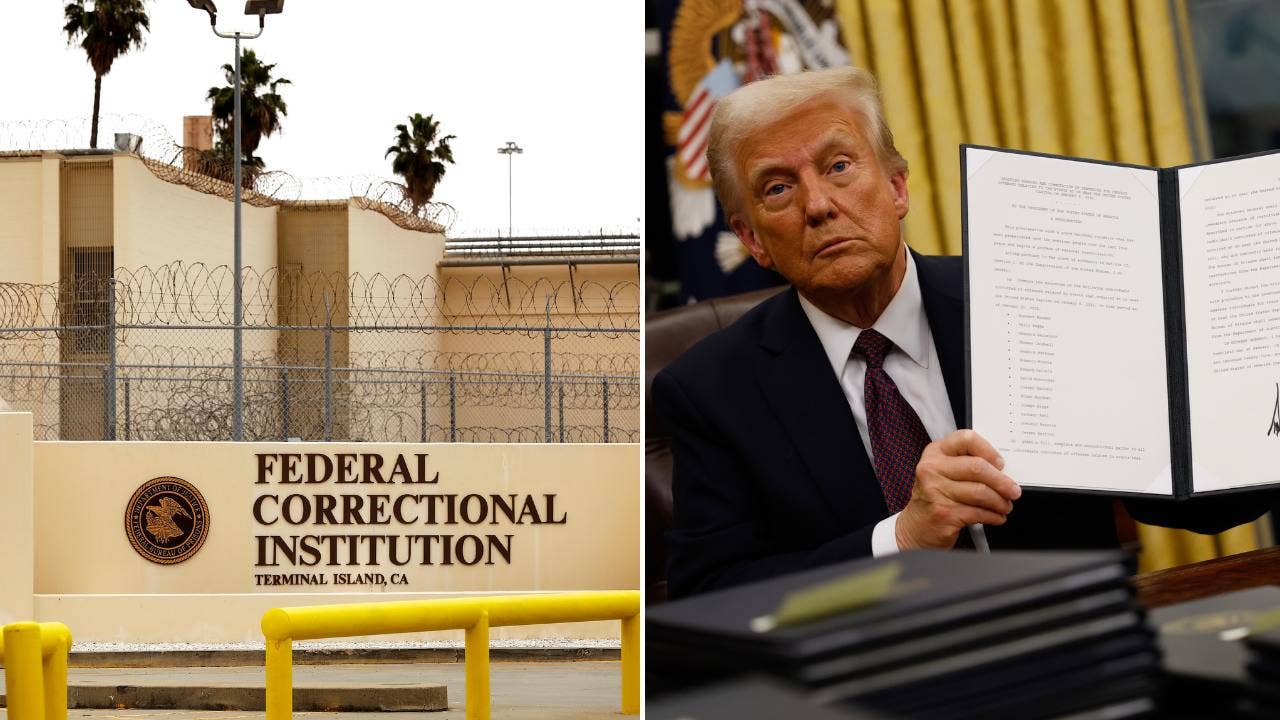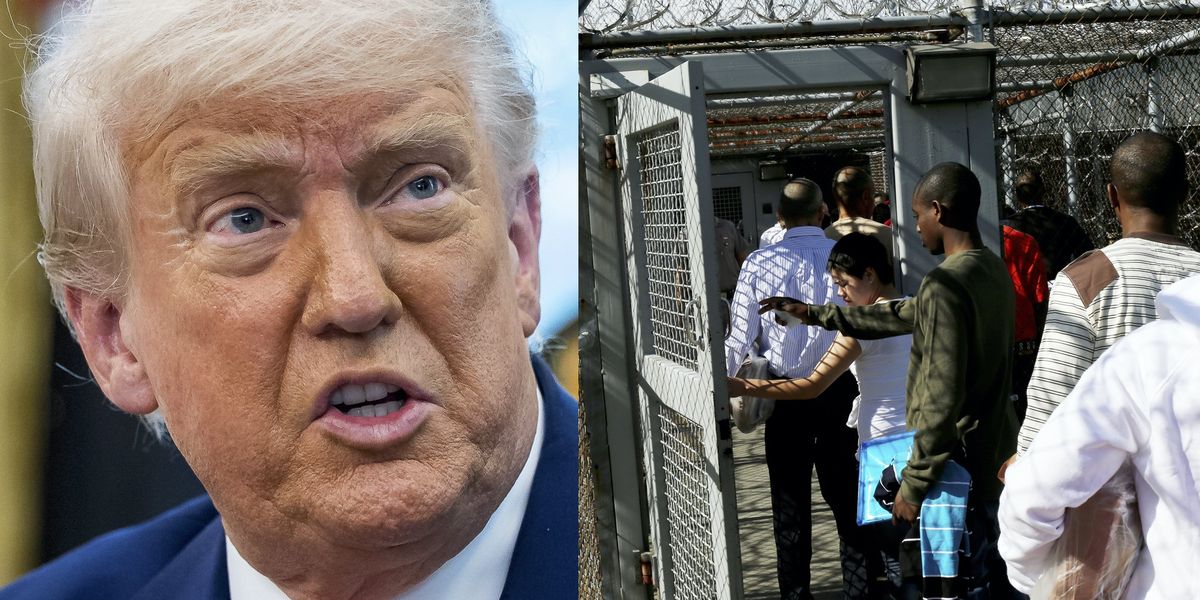Federal Judge Orders Continuation of Hormone Therapy for Transgender Inmates
A federal judge ruled that the Bureau of Prisons must continue hormone therapy for transgender inmates, blocking Trump's executive order that disrupted their treatment.
Overview
U.S. District Judge Royce Lamberth ruled that the federal Bureau of Prisons must provide hormone therapy and accommodations to transgender inmates, blocking an executive order by President Trump that aimed to halt such treatments. The judge stated that the order lacked justification and that denying these treatments could cause irreparable harm. The ruling affects over 600 inmates diagnosed with gender dysphoria and emphasizes the need for appropriate medical care in prisons. The decision is seen as a significant victory for LGBTQ advocates and highlights ongoing legal battles over transgender rights in the prison system.
Content generated by AI—learn more or report issue.

Get both sides in 5 minutes with our daily newsletter.
Analysis
- The article highlights a judge's ruling supporting hormone therapy for transgender inmates in federal prisons.
- It emphasizes the importance of medical care for transgender individuals and addresses gender dysphoria.
- The tone is positive, focusing on personal well-being and the necessity of appropriate treatment.
Articles (5)
Center (1)
FAQ
The ruling ensures that transgender inmates can continue receiving hormone therapy, which is crucial for managing gender dysphoria. This decision affects over 600 inmates and is seen as a significant victory for LGBTQ advocates, highlighting the importance of access to appropriate medical care within the prison system.
Judge Lamberth's decision was based on the lack of justification for halting hormone therapy and the potential for irreparable harm to transgender inmates if denied this medical care. He emphasized that federal law prohibits prisons from depriving inmates of necessary medications without a valid reason.
Yes, the ruling extends injunctive relief to all persons currently or who will be incarcerated in federal prisons with a diagnosis of gender dysphoria, including future diagnoses. It does not require the Bureau of Prisons to provide surgical care.
History
- This story does not have any previous versions.




